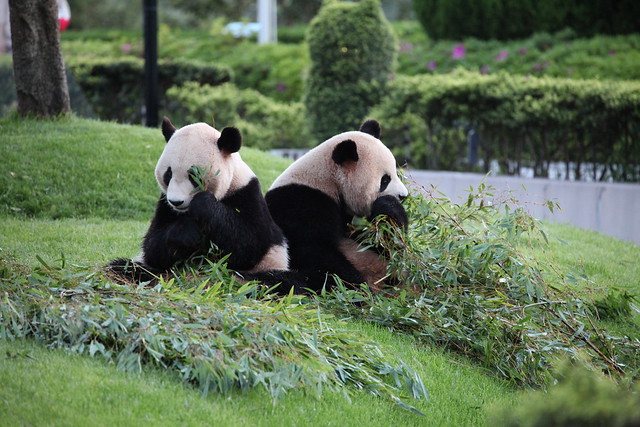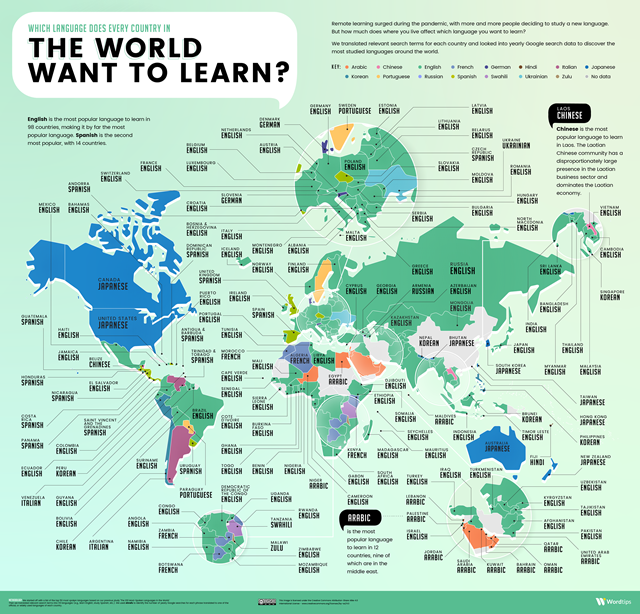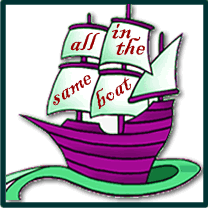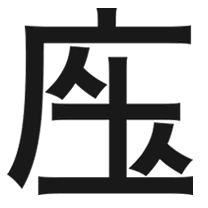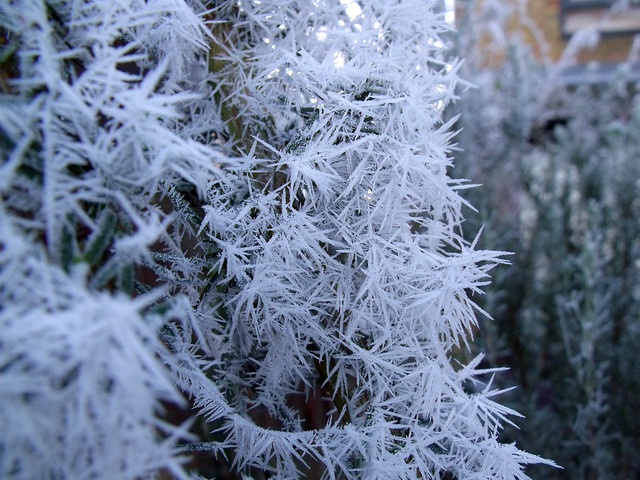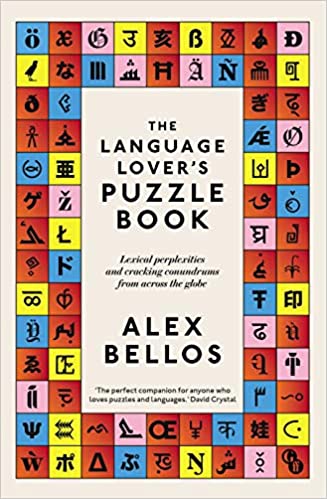I am currently (re)learning Japanese, and am noticing some differences between the meanings of characters in Japanese (漢字 – kanji) and in Chinese (汉字 [漢字] hànzì). In some cases the meanings are similar but subtly different, in other cases they’re completely different.
For example, in Mandarin Chinese 高 (gāo) means tall or high (高的 gāode), or senior (高级的 gāojíde), while in Japanese 高 (taka), means quantity, amount (of money), volume or number, 高い (takai) means high, tall, expensive, above average or loud, and 高 (kō) means high (school).
The Chinese word for expensive is 贵 [貴] (guì), which also means valuble. In Japanese this character, 貴 (ki), means your, and indicates high rank, status, love or respect. Or when it’s pronounced mochi it means lord, god, goddess, and is used in honorific title for deities and high-ranking people. One Japanese word for you is あなた (anata), which is usually written in hiragana, but can be written with the kanji 貴方. In very formal written Chinese 贵方 [貴方] (guìfāng) can be used to mean you.
The Japanese word for cheap is 安い (yasui), while the same character in Chinese, 安 (ān), means quiet or safe. The Chinese word for cheap is 便宜 (piányi), which in Japanese is pronounced bengi and means convenience, accommodation, advantage, benefit or expediency.
The character 便 is also pronouned biàn in Mandarin, and means convenient, convenience and to excrete. It appears in the word 便利 (biànlì) = convenient, to faciliate, which also exists in Japanese as 便利 (benri) meaning convenient, handy or useful.
The character 利 (lì) means sharp, advantageous, interest or to profit in Mandarin. In Japanese it’s pronounced ri and means advantage, benefit, profit or interest. It appears in the word 利益 (lìyì / rieki), which means benefit in Mandarin, and profit or gains in Japanese, and also in 利害 (lìhai / rigai) which means terrible in Mandarin, and advantages and disadvantages in Japanese. Which should not be confused with 厉害 [厲害] (lìhai), which means terrbile, terribly or awesome, and is used as a general intensifier in Mandarin. The equivalent in Japanese is 素晴らしい (subarashī).
There are many more. Have you noticed any?
Sources: LINE Dict Chinese-English, jisho.org

